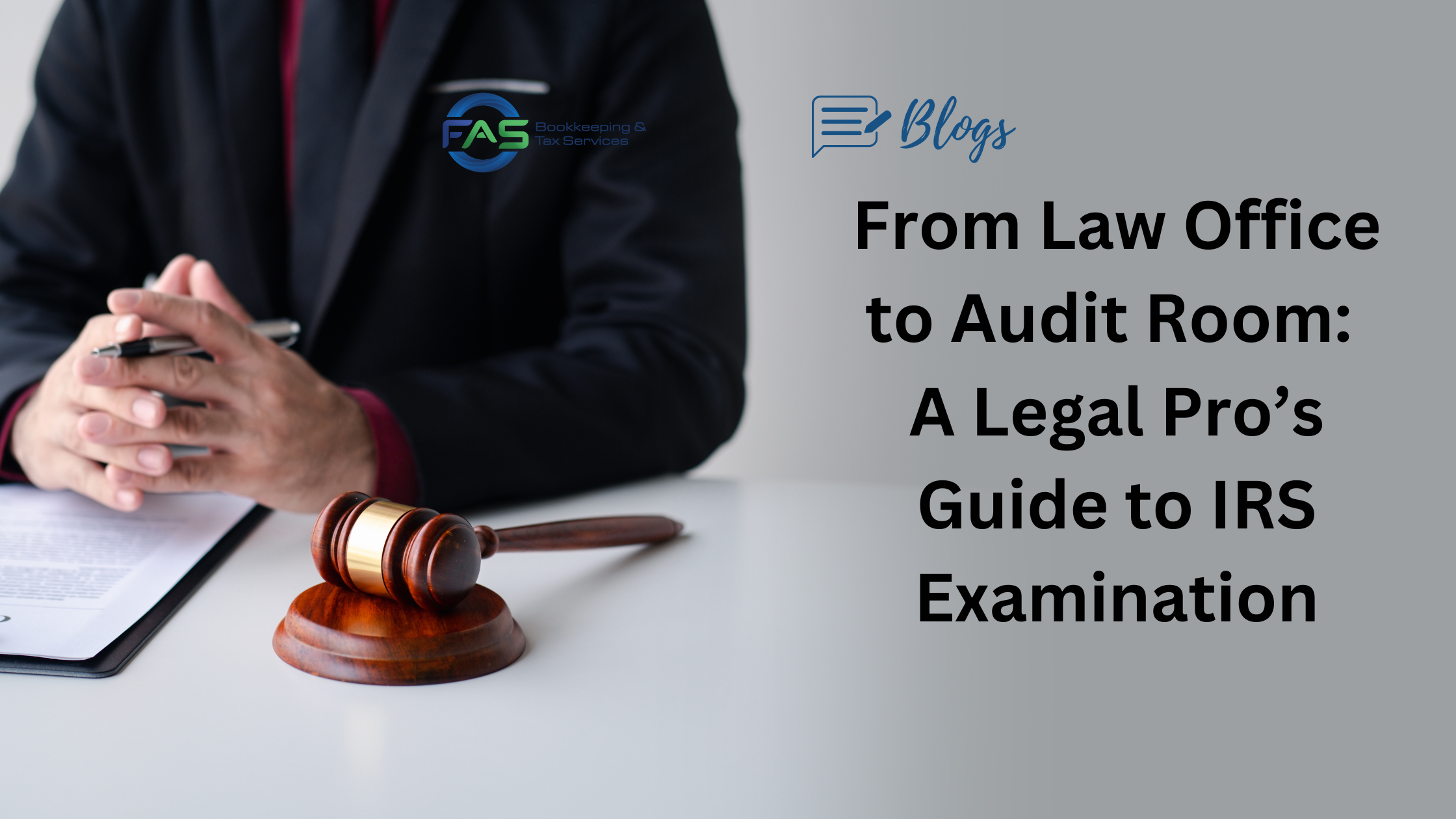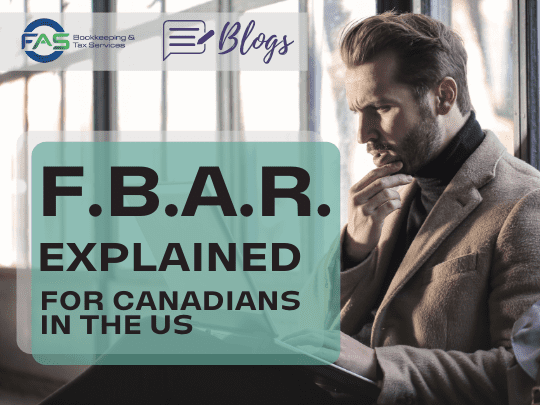FBAR stands for “Report of Foreign Bank and Financial Accounts.”
The US gave its Department of Treasury the authority to establish record-keeping and financial reporting policies for Citizens and Residents situated in the US for a certain amount of time. The purpose of the FBAR is to provide investigators with a crumb trail to make it easier to track down and prosecute criminal activity relating to finances. The FBAR has been proven valuable in providing intelligence and counterintelligence information to protect the US against economic sabotage and international terrorism.
Record Keeping
FBAR records must be kept for five years from the due date of the report (June 30 of the following year). Failure to keep the following records can result in the application of penalties by the IRS.
- Name maintained on each account.
- Number or other designation of the account.
- Name and address of the foreign bank or another person with whom the account is maintained.
- Type of account.
- The maximum value of each account during the reporting period.
Who must file the FBAR?

If you are a Canadian citizen residing in the US for work then you are obligated to file an FBAR.
The list of Foreign financial accounts that must be reported are the following:
- Bank accounts such as savings accounts, checking accounts, and time deposits.
- Securities accounts such as mutual funds, brokerage accounts, and securities derivatives, or other financial instruments accounts.
- Accounts where the assets are held in a commingled fund that is a mutual fund.
- Any other account/s maintained in a foreign financial institution or with a person doing business as a financial institution.
If you are not quite sure if you need to file an FBAR, contact us today!





